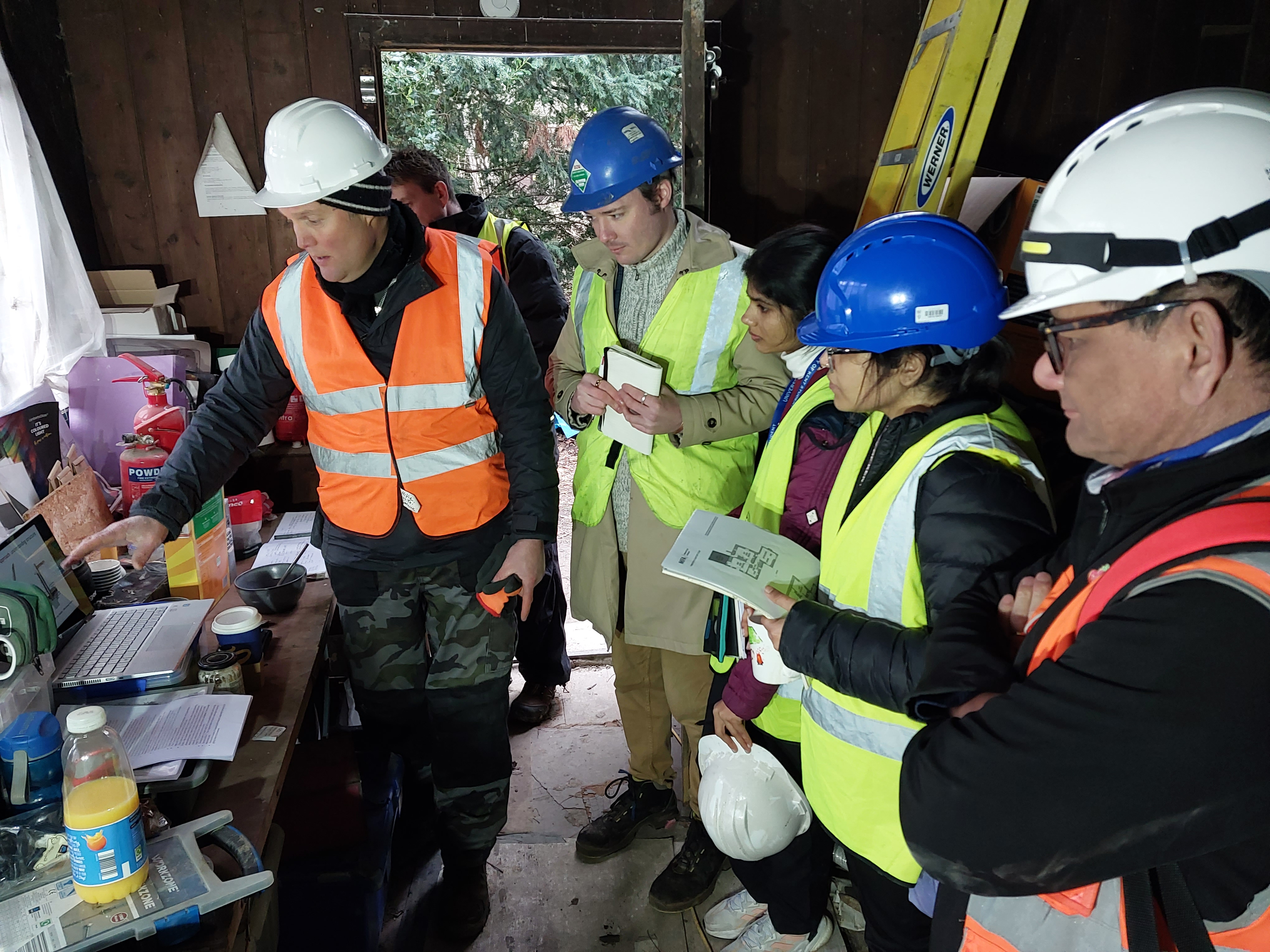Emily Darragh (MSc in Architectural Conservation 2023) writes vividly about her studies in Conservation at Kent.
‘As a student with no architectural background approaching the Architectural Conservation MSc was daunting. However, I had an appreciation for historic buildings through my BA in History and my volunteering with the National Trust’s conservators which both led me to look into the MSc in Architectural Conservation at Kent, as I was interested in developing skills in this area.
The lecturers were extremely supportive of those of us who did not have as much, or any, experience with architecture as a discipline. They encouraged us to join first year architecture students in their lecturers on CAD and Sketch Up to help us develop our skills to the same stage as more experienced students, on top of giving direction in our own seminars. We were encouraged to present the progression of our work each week which would be commented on by a lecturer, while viewing our peers work demonstrated potential methods of working.
We went on several fieldtrips, where we were able to learn firsthand how the ideas we were learning about were put into practice and were able to talk to those currently working on conservation projects such as that at St Andrews chapel and Canterbury Cathedral. These fieldtrips also made us aware of opportunities to gain our own experience and learn from others who work in the conservation of historic buildings. For example through the Society for the Protection of Ancient Building’s Old House Project. Lecturers also encouraged us to attend volunteer events where we can learn more about building conservation. This support has helped me develop my skills in the field of conservation, gain hands on experience and meet experienced heritage and architectural professionals.’

